
Each year on 5th June the UN invites you to celebrate the biggest day for positive environmental action by taking part in World Environment Day (WED).
This year the theme is Go Wild for Life, a call to action against the illegal trade in wildlife products. The killing and smuggling of endangered species not only threatens global biodiversity, but it undermines economies, fuels organised crime and feeds corruption.
The campaign is run by the United Nations Environment Programme (UNEP), the UN Development Programme (UNDP), the UN Office on Drugs and Crime (UNODC) and the Convention on International Trade in Endangered Species of Wild Fauna and Flora (CITES).
Go Wild for Life encourages you to celebrate threatened species and take your own action to safeguard them for future generations; from the species outside your front door to those on the edge of extinction across the globe.
“Whoever you are, and wherever you live, show zero-tolerance for the illegal trade in wildlife in word and deed, and make a difference.” UNEP 2016
Collectively we can change our habits and behaviour and by raising awareness we push governments and international bodies to introduce and enforce tougher penalties and laws on those still willing to break them.
This year’s host country is Angola. With a natural environment boasting forests, grasslands and pristine coastlines, Angola’s wildlife includes some of the most diverse species in the world. The Giant Sable Antelope is a critically endangered species found only in Angola and listed as critically endangered by the International Union of Conservation of Nature. As such, it is fitting that Angola takes the lead for WED 2016 as the government has set a tough agenda for reducing poaching and other wildlife crimes that threaten its rich natural heritage.
Source: www.greeningtheblue.org



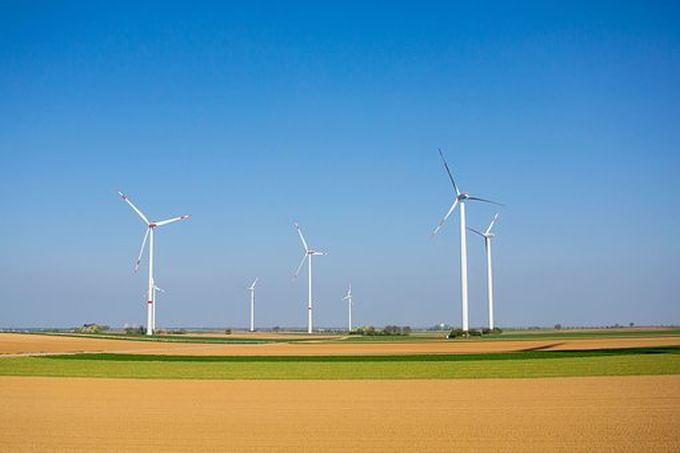
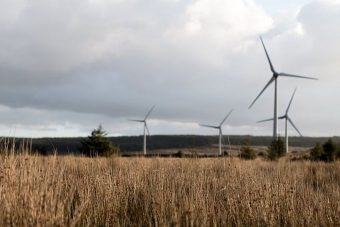

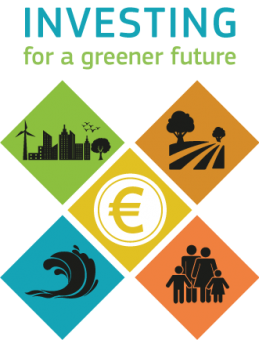 Thursday looked at investing in our oceans to ensure that they stay healthy and productive for future generations. Participants across Europe explored the potential of our oceans – if used responsibly – to create sustainable growth and bring prosperity in decades to come.
Thursday looked at investing in our oceans to ensure that they stay healthy and productive for future generations. Participants across Europe explored the potential of our oceans – if used responsibly – to create sustainable growth and bring prosperity in decades to come.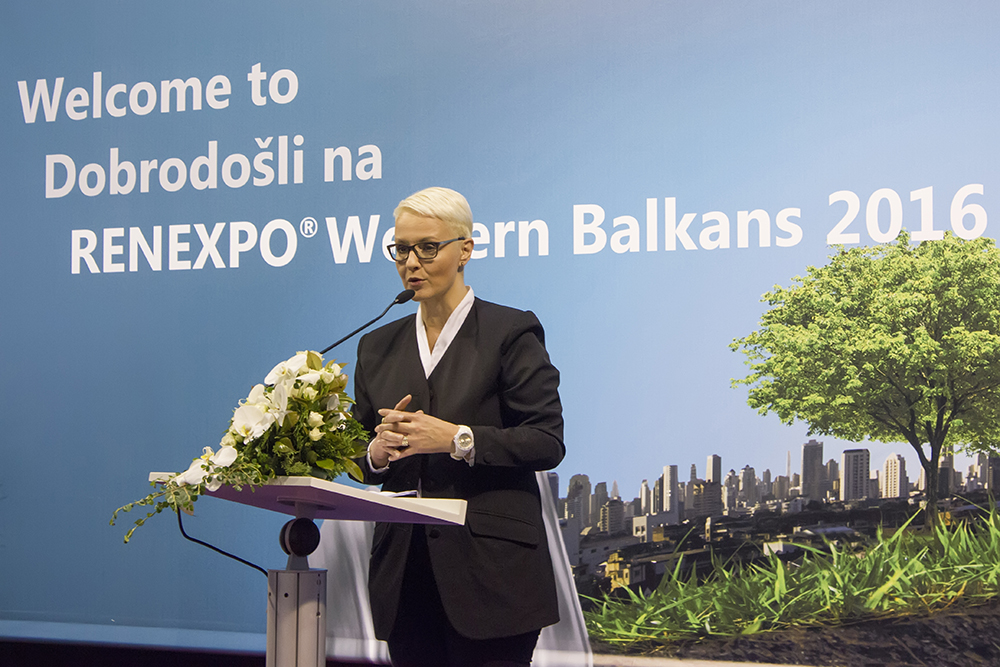
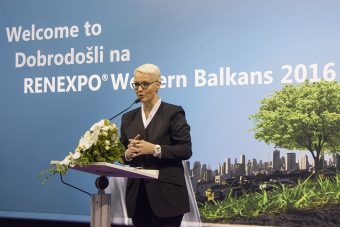 RENEXPO® Water Management will be held from 06th to 08th June 2016 in Holiday Inn Hotel, in Belgrade. Therefore, we interviewed Mrs Myriam Fridman Dobrota, who has been preparing with REECO team numerous trade fairs this year. Speaking of water management, we want to remind our readers that this management is a set of measures and activities aimed at the maintenance and improvement of the water regime, ensuring the required quantities of water, ensuring required quality of water for different purposes etc. This management takes care of water pollution protection and protection against harmful effects of water. Main activities are implemented through the Serbian Governmental institutions, institutions of the autonomous province, bodies of local self-government and public water management company. Specifically, water management is based upon the principle set out in Article 25 of the Water Act. All activities are directed and specified by strategies and plans. Here is what Mrs Fridman Dobrota told us about RENEXPO and upcoming event.
RENEXPO® Water Management will be held from 06th to 08th June 2016 in Holiday Inn Hotel, in Belgrade. Therefore, we interviewed Mrs Myriam Fridman Dobrota, who has been preparing with REECO team numerous trade fairs this year. Speaking of water management, we want to remind our readers that this management is a set of measures and activities aimed at the maintenance and improvement of the water regime, ensuring the required quantities of water, ensuring required quality of water for different purposes etc. This management takes care of water pollution protection and protection against harmful effects of water. Main activities are implemented through the Serbian Governmental institutions, institutions of the autonomous province, bodies of local self-government and public water management company. Specifically, water management is based upon the principle set out in Article 25 of the Water Act. All activities are directed and specified by strategies and plans. Here is what Mrs Fridman Dobrota told us about RENEXPO and upcoming event.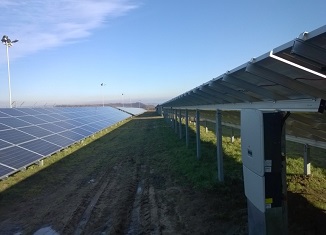
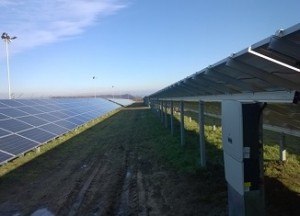 An upsurge in new wind, solar and hydro plants and capacity saw renewable energy smash global records last year, according to a report on new supply.
An upsurge in new wind, solar and hydro plants and capacity saw renewable energy smash global records last year, according to a report on new supply.
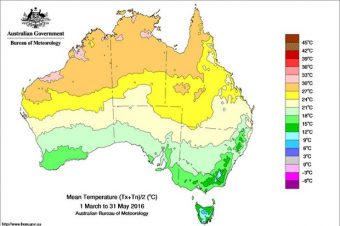 The mean temperature between March and May was 23.86C but winter could be cooler than normal as El Niño wanes.
The mean temperature between March and May was 23.86C but winter could be cooler than normal as El Niño wanes.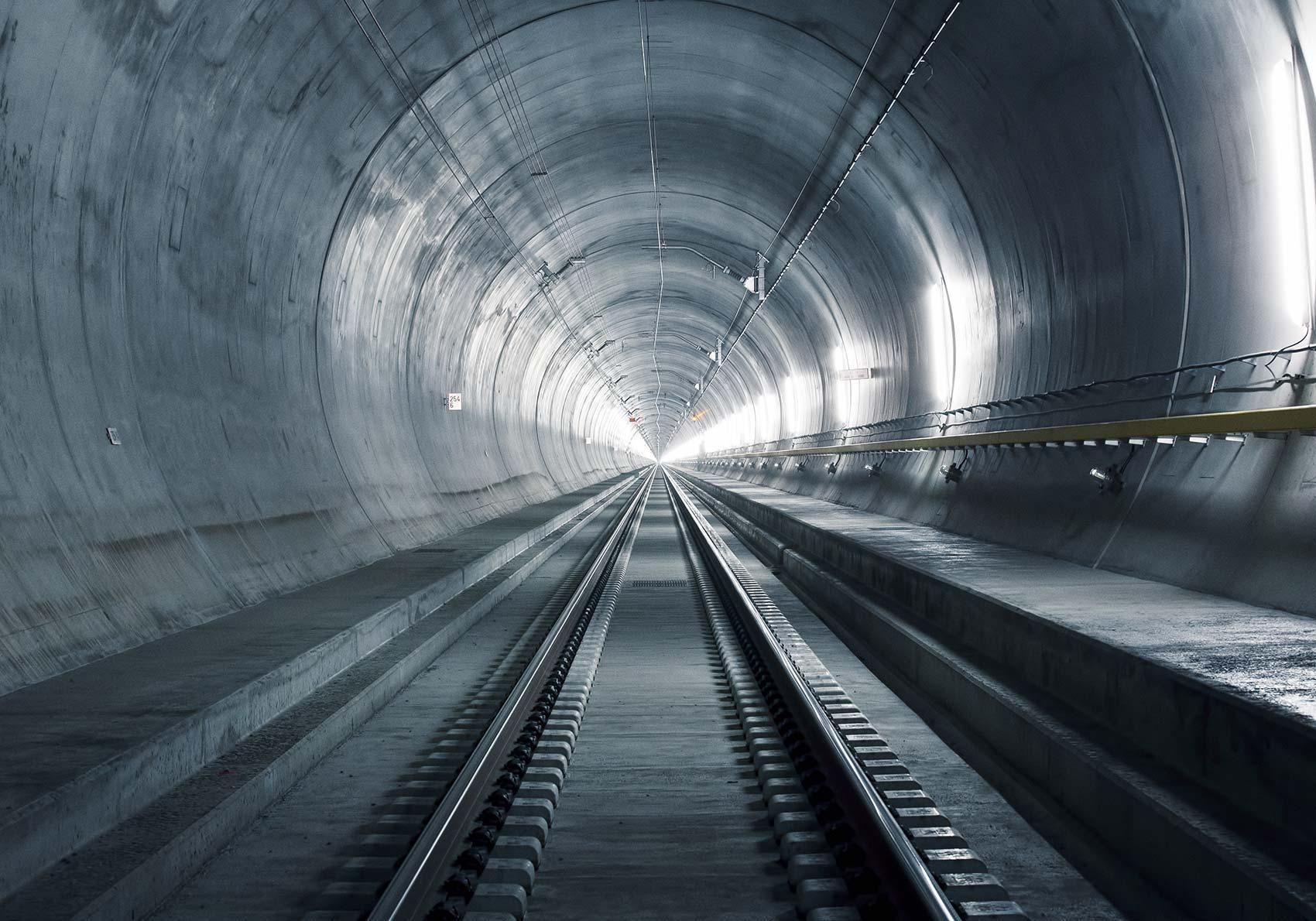
 The Gotthard base tunnel in Switzerland will be officially inaugurated with an international ceremony presided over by the Swiss Government. At this and the public celebration that will follow, ABB will showcase its contributions and vision of the future in two exhibition pavilions. Here’s what the visitors can expect.
The Gotthard base tunnel in Switzerland will be officially inaugurated with an international ceremony presided over by the Swiss Government. At this and the public celebration that will follow, ABB will showcase its contributions and vision of the future in two exhibition pavilions. Here’s what the visitors can expect.

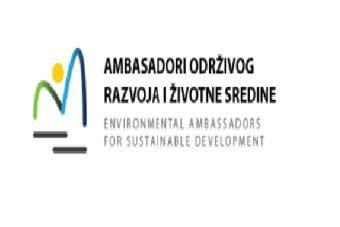
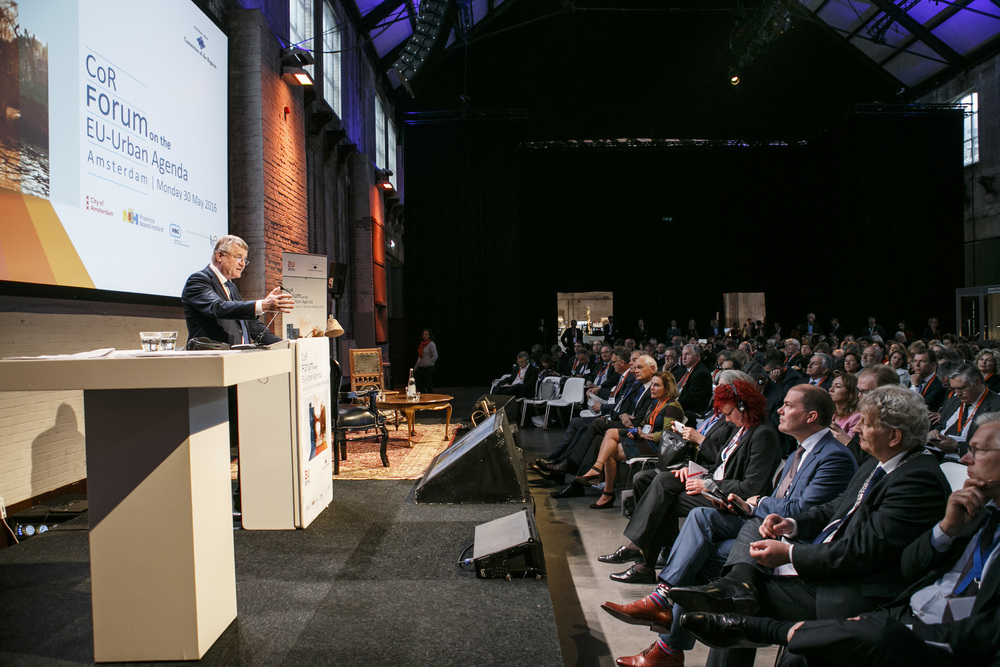
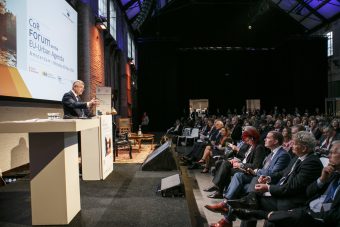 Day 1 – Kicking off Green Week 2016!
Day 1 – Kicking off Green Week 2016! 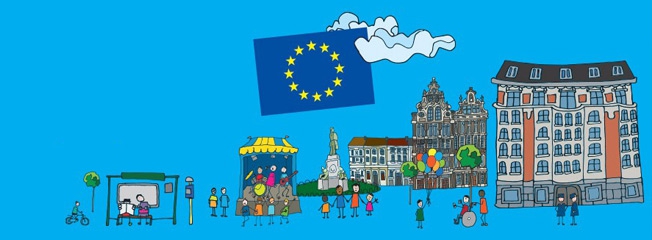
 Keeping a long-standing tradition, EU institutions will open their doors to the public this Saturday, 28 May. DG Energy and DG Clima will have a stand in the Commission’s Berlaymont building near Rond Point Schuman, Brussels.
Keeping a long-standing tradition, EU institutions will open their doors to the public this Saturday, 28 May. DG Energy and DG Clima will have a stand in the Commission’s Berlaymont building near Rond Point Schuman, Brussels.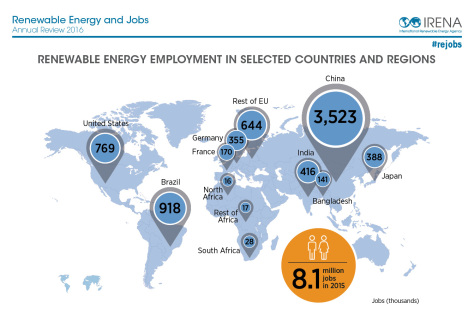
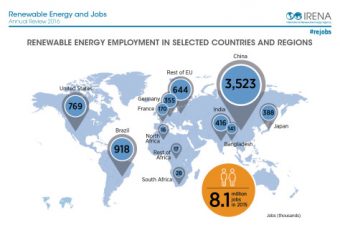 More than 8.1 million people worldwide are now employed by the renewable energy industry – a 5% increase from last year – according to a report released today by IRENA at its 11th Council meeting. The report, Renewable Energy and Jobs – Annual Review 2016, also provides a global estimate of the number of jobs supported by large hydropower, with a conservative estimate of an additional 1.3 million direct jobs worldwide.
More than 8.1 million people worldwide are now employed by the renewable energy industry – a 5% increase from last year – according to a report released today by IRENA at its 11th Council meeting. The report, Renewable Energy and Jobs – Annual Review 2016, also provides a global estimate of the number of jobs supported by large hydropower, with a conservative estimate of an additional 1.3 million direct jobs worldwide.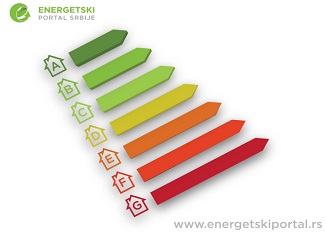
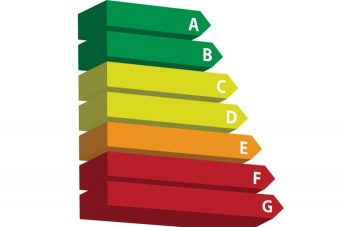
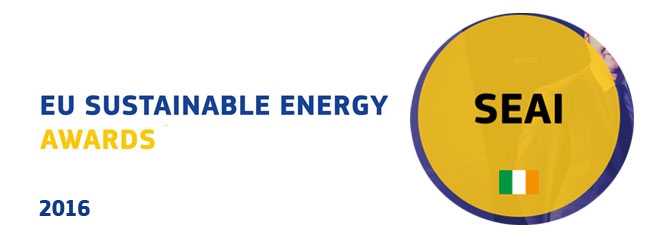
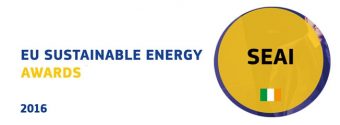 Ireland has set itself a tough energy efficiency target. The country is aiming to achieve energy savings of 33% compared to the overall EU target of 27% by 2030.
Ireland has set itself a tough energy efficiency target. The country is aiming to achieve energy savings of 33% compared to the overall EU target of 27% by 2030.

